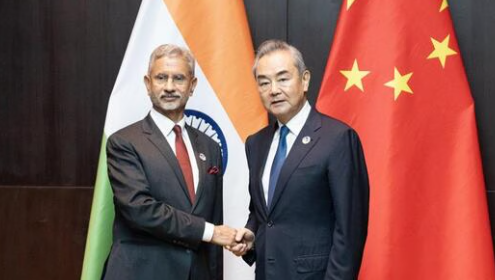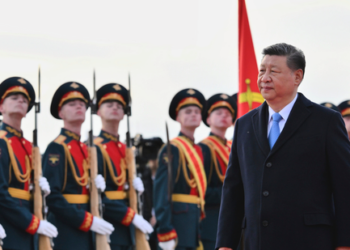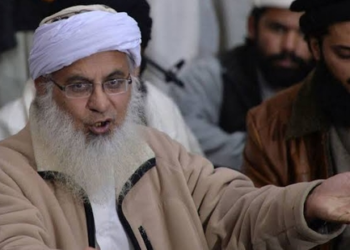Indian Foreign Minister S. Jaishankar urged his Chinese counterpart Wang Yi to take steps towards stabilizing bilateral ties. The meeting, held on the sidelines of the ASEAN summit in Laos, underscored the need for both nations to find common ground amidst a backdrop of recent border conflicts and geopolitical rivalries.
Jaishankar emphasized the importance of maintaining peace and tranquillity along the Line of Actual Control (LAC), where skirmishes have heightened tensions between the two nuclear-armed neighbours. “It is imperative that our nations work together to ensure stability and prevent any escalation that could adversely affect regional security,” Jaishankar stated.
The discussions between Jaishankar and Wang Yi covered a broad range of issues, including economic cooperation, border management, and ways to rebuild trust. Jaishankar stressed the significance of respecting previous agreements and protocols to manage the border disputes, which have been a recurring flashpoint in India-China relations.
Wang Yi, acknowledging the complexities of the bilateral relationship, reiterated China’s commitment to peaceful dialogue and mutual cooperation. “China is prepared to engage in sincere and constructive discussions with India to resolve our differences and enhance our bilateral relations,” Wang Yi remarked.
Both ministers agreed on the necessity of high-level engagements and confidence-building measures to restore normalcy. They also highlighted the importance of strengthening economic ties and exploring new avenues for cooperation in areas such as trade, technology, and infrastructure development.
The meeting in Laos follows a series of diplomatic and military talks between the two nations, aiming to defuse the situation along the disputed border. Despite these efforts, the lingering mistrust and recent confrontations have posed significant challenges to bilateral relations.
Analysts view the Jaishankar-Wang Yi dialogue as a positive step towards mending ties, though they caution that tangible results will depend on both sides’ willingness to make concessions and uphold their commitments. “The road to stable India-China relations is fraught with challenges, but continued dialogue and cooperation are essential for regional peace and prosperity,” commented Dr. Rajiv Kumar, a foreign policy expert.
The broader geopolitical landscape, including the strategic competition between China and the United States, also influences India-China dynamics. Both nations are navigating a complex web of alliances and rivalries, which adds layers of complexity to their bilateral relationship.
As the world watches closely, the outcome of these high-level talks will likely shape the future trajectory of India-China relations. For now, the commitment to dialogue and stabilization provides a glimmer of hope for a more peaceful and cooperative future between the two Asian giants.




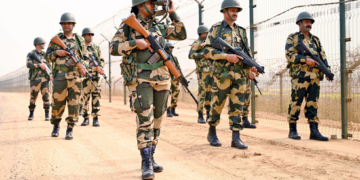
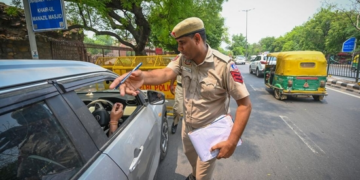

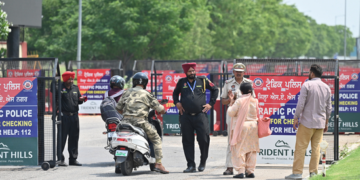
 India
India
